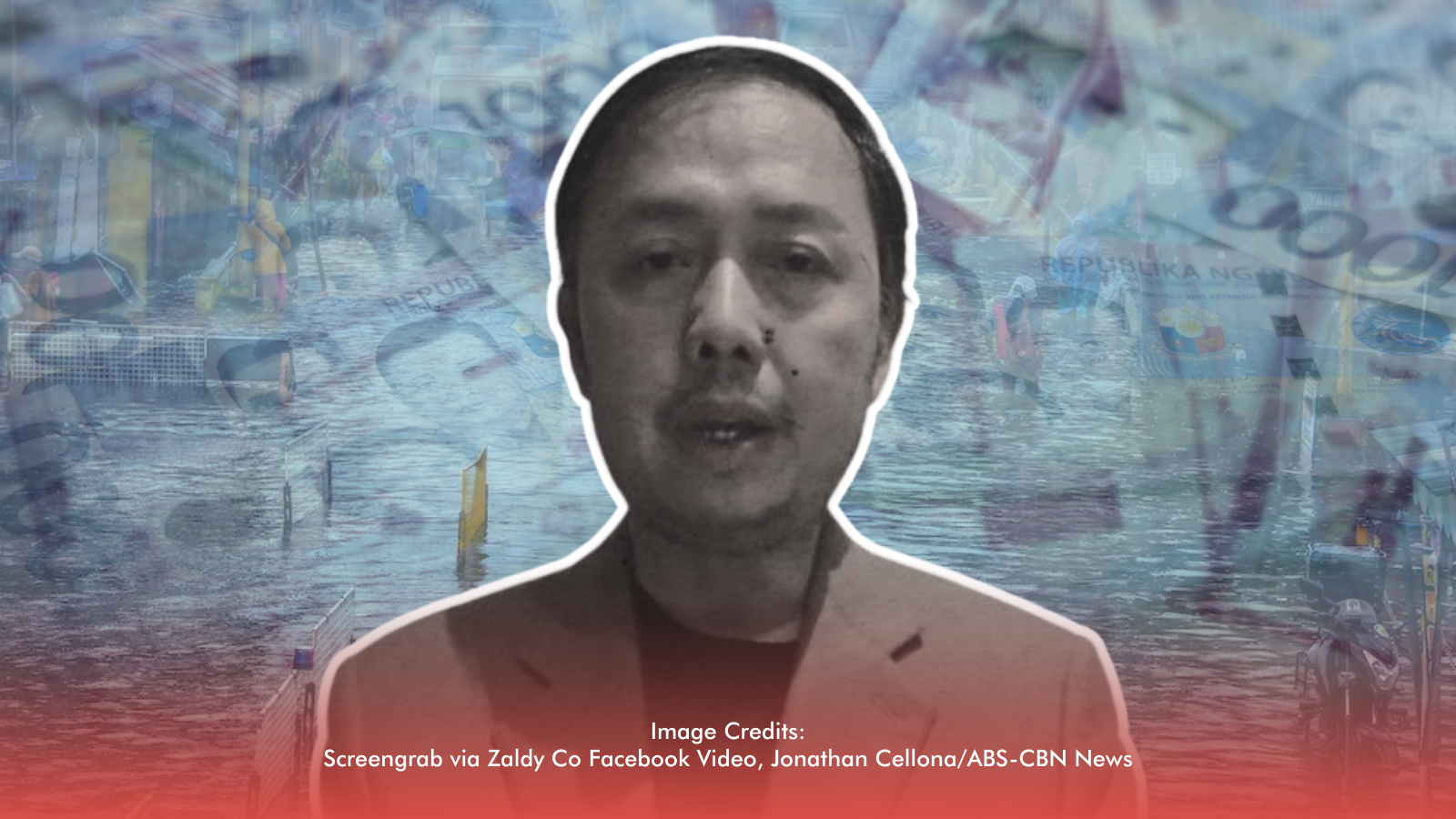Chiz Escudero’s fall was not sudden, but it was inevitable. For months, whispers circulated in the corridors of the Senate: the cerebral Escudero, more technocrat than tactician, had begun to lose favor with the powers that be. His cerebral brand never quite translated into the coalition-building required to hold the upper chamber together. Then there’s his replacement: Tito Sotto, who has long perfected the art of survival. He is neither firebrand nor visionary—but he is the steady hand. A man who won’t rock the boat too hard, who can steady a wobbly chamber. The shift raises familiar questions: what does this say about power, the curious timing, and the fragility of the Philippine Senate?
Timing is Everything, and The Invisible Hand
The coup comes at a moment of turbulence. The Senate Blue Ribbon Committee had begun unraveling the scandal of ghost flood control projects plaguing the DPWH. The Discayas, once reliable allies of the House machine, had begun to sing in a tune unfavorable to Speaker Martin Romualdez, Zaldy Co, and other names that have been dropped. The questions from Sen. Marcoleta—always blunt, often inconvenient—suggested the inquiry was creeping toward the Speaker’s orbit. And in Philippine politics, what threatens Romualdez inevitably threatens President Bongbong Marcos, whose political fortunes are tethered to his cousin’s machinery.
It was in this context that Escudero suddenly lost his seat. That Marcos happened to be on a state visit in Cambodia when the coup struck was no coincidence, but performance: the theater of plausible deniability. The Palace, of course, denied having any hand in the maneuver. But the choreography is too neat, the timing too precise, for the invisible hand not to be felt.
Winners and Losers
- * The immediate winner is Sotto himself. Cast as the elder statesman, he returns with an image of compromise, consensus, and stability. To the majority bloc, his reappointment is a reset—an attempt to reassert Senate independence while also protecting entrenched interests.
- * Escudero is the most obvious loser, his cerebral style suddenly out of place. He becomes a cautionary tale: intelligence without hard alliances is not enough in a chamber built on numbers.
- * The Duterte bloc, left to itself with a modest cluster of loyalists, also counts among the casualties. Yet isolation may give them the cohesion they lacked when still part of a larger coalition. They now have the chance to brand themselves as an opposition-in-waiting.
- * Romualdez, too, suffers a blow. With Escudero’s ouster, the magician has rolled up his sleeve. The Blue Ribbon Committee may shift direction or stall altogether, but the ‘trick’ has now been revealed to the crowd. The Speaker now hemorrhages political capital.
- * Marcos benefits from letting the Senate “eat its own,” creating a distraction while a small fire continues in the House, waiting to be put out next.
Structural Implications
The questions now are less about personalities than about the machinery of power. Who benefits from a shakeup of committee chairmanships? Will the Blue Ribbon continue its probe into ghost projects, or will it extinguish the embers under Ping Lacson’s watch? Each reassignment reveals the deeper trade-offs of the coup.
The bigger myth at play is Senate independence. For decades, we have told ourselves the upper chamber is the conscience of the republic, a check on executive power. But history shows the Senate is hostage to the same factional realignments and personal ambitions that mark the rest of government. Independence exists only in brief, fragile moments—when interests align or when leaders are willing to gamble.
The Cliffhanger
Sotto’s return is no ode to nostalgia. It is a tactical move, a feeble attempt at a reset for an administration that knows its grip is fraying. Whether this stabilizes the waters or reveals deeper fractures remains the unanswered question. The ghost flood control projects still hang unresolved. The Romualdez camp remains vulnerable. Will we see a resuscitation of Vice President Sara Duterte’s impeachment? What’s the next move for the DDS?
In the end, what begins as a Senate power play may yet ripple outward, signaling tremors across the broader political architecture. Escudero’s fall and Sotto’s return remind us of the old lesson: in Philippine politics, nothing is permanent except the choreography of survival.







